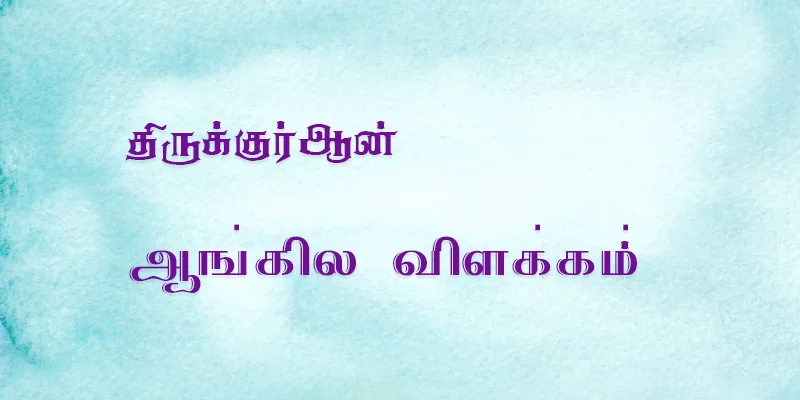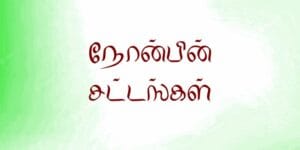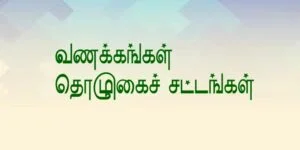110. The amended law on Kalala.
Those without descendants are known as Kalala, in Arabic. Verse 4:12 explains ways to share properties of such people among siblings after their demise.
When the deceased is bereft of a descendant and has left behind a sister and a brother, each inherits 1/6 of the property left behind, and when the number of siblings is more, they inherit 1/3 of the property.
But in verse 176 of the same chapter, we find a change in the share apportioned to siblings as ½ of the property left to be inherited by a sister if she is the only one left behind, and in case the sisters happen to be two in number they inherit 2/3rd of the property left behind. And if there are siblings of both genders the property inherited works out as 1:2 Female: Male. ‘Allah makes it clear to you’ so that you are not led astray’. ‘Allah is omniscient’. (4.176)
Verse 4:12 specifies the share to be 1/6th to the available female sibling.
Verse 4.176 says if there is one sister then she would get half the share of the entire property.
Since these verses are contradictory to each other many have given various explanations.
Some have explained the word Kalala of this verse in one way and have given a different meaning to it in the 176th verse. This is wrong. As Allah Himself had explained in the 176th verse the meaning of the word Kalala, as one who is without progeny and leaves brothers and sisters behind, there is no need to accept the explanation of others.
These two verses speak about the one who leaves behind only brothers and sisters and no progeny on his demise.
The contradiction in the two verses needs to be addressed. The hadith featured in Buhari provides an answer to this.
Bara Bin Azib (Rali) announces that the last blessed verse of the Quran is 4.176. (Bukhari 4605)
Hence it needs to be deemed, the law proclaimed in 4:12 has been amended in 4:176 of the Quran.
















